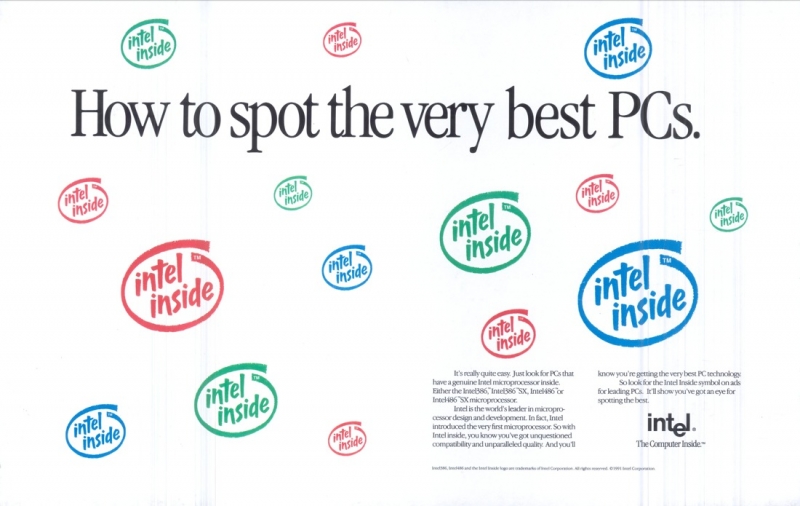As the integrated circuit industry became more lucrative, former colleagues that had started out in a close knit community created an industrial diaspora as ideas and applications (not to mention the lure of wealth) began to exceed the existing company's ability to bring them to fruition. Small companies that started out with camaraderie and enthusiasm soon became the monoliths that had prompted many to leave their previous jobs.
Intel itself could trace its existence to the breakup of Shockley Electronics and Fairchild Semiconductor. Determined to avoid the same fate, lawsuits became object lessons to employees, a means of protecting its IP, and a method of tying up a competitor's financial resources.
This is the fourth installment in a five part series, where we look at the history of the microprocessor and personal computing, from the invention of the transistor to modern day chips powering our connected devices.
